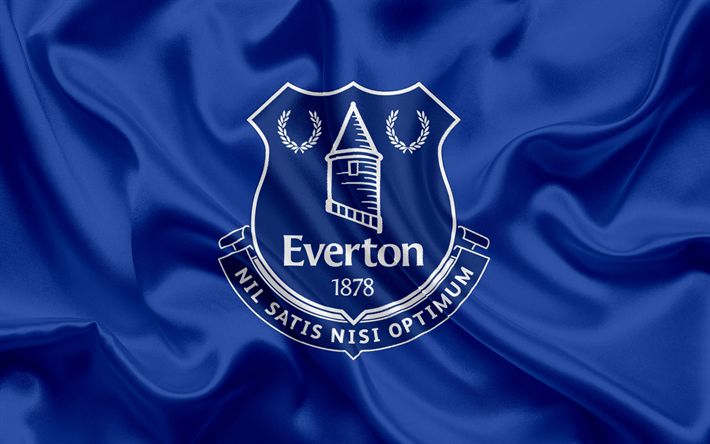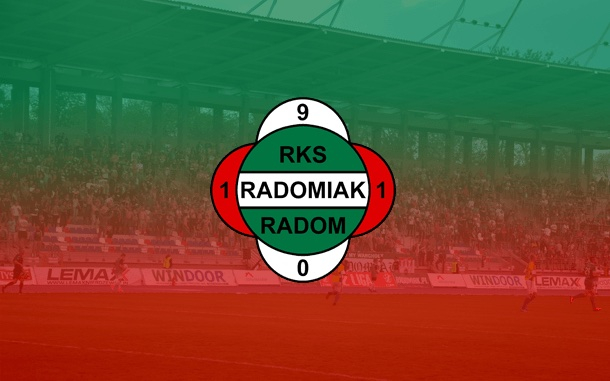
Wolfsburg FC
Today, Wolfsburg FC remains a formidable presence in Bundesliga, regularly qualifying for European tournaments and nurturing talents that move onto bigger clubs. The club’s blend of tradition and modernity positions it as a unique fixture in German football, ready to challenge historical dominance and carve out its own legacy bet88.
Strategic Football Philosophy and Tactical Approach Wolfsburg FC
Wolfsburg FC’s playing style has evolved significantly over the years, blending tactical discipline with attacking flair. The club emphasizes adaptability, technical skill, and strategic planning, making them a versatile opponent for any team.
Core Principles of Wolfsburg’s Playing Style
The foundation of Wolfsburg FC’s tactical philosophy is built on a solid defensive organization combined with swift counter-attacks. Their approach often involves maintaining possession to draw the opposition out before exploiting space and transition opportunities.
The club’s coaching staff prioritizes flexibility, adjusting formations based on opponents’ strengths and weaknesses. This adaptive mindset allows Wolfsburg to switch seamlessly between defensive solidity and aggressive forward play, depending on match circumstances.
Notable Tactical Formations and Strategies
4-2-3-1 and Variations
Wolfsburg frequently deploys the 4-2-3-1 formation, which offers balance between attack and defense. This setup enables creative freedom for midfielders and versatile support from wide players. Coaches utilize this system to exploit flanks and overload certain areas of the pitch.
Pressing and High Intensity
Modern Wolfsburg teams often employ high pressing schemes to regain possession quickly. This proactive approach disrupts opponents’ build-up play and creates scoring opportunities through turnovers. Their pressing intensity is carefully calibrated to avoid overexertion, ensuring sustained performance throughout matches.
Transitioning Between Defensive and Offensive Phases
Wolfsburg’s tactical acumen is evident in their seamless transitions. When defending, they organize into compact units, forcing opponents wide or into congested zones. Upon regaining possession, quick vertical passes and overlapping runs launch rapid counter-attacks, often catching opponents off guard.
The club’s emphasis on tactical training and video analysis supports these strategies, enabling players to execute complex game plans effectively. The team’s adaptability is exemplified in their ability to adjust during matches, whether adopting a more cautious approach or pushing for a decisive goal.
Impact of Coaching and Leadership
Coaches like Oliver Glasner and Mark van Bommel have reinforced Wolfsburg FC tactical flexibility, emphasizing disciplined defending complemented by creative attacking options. Leadership at the player level, especially from captains and experienced midfielders, enhances tactical cohesion on the field.



